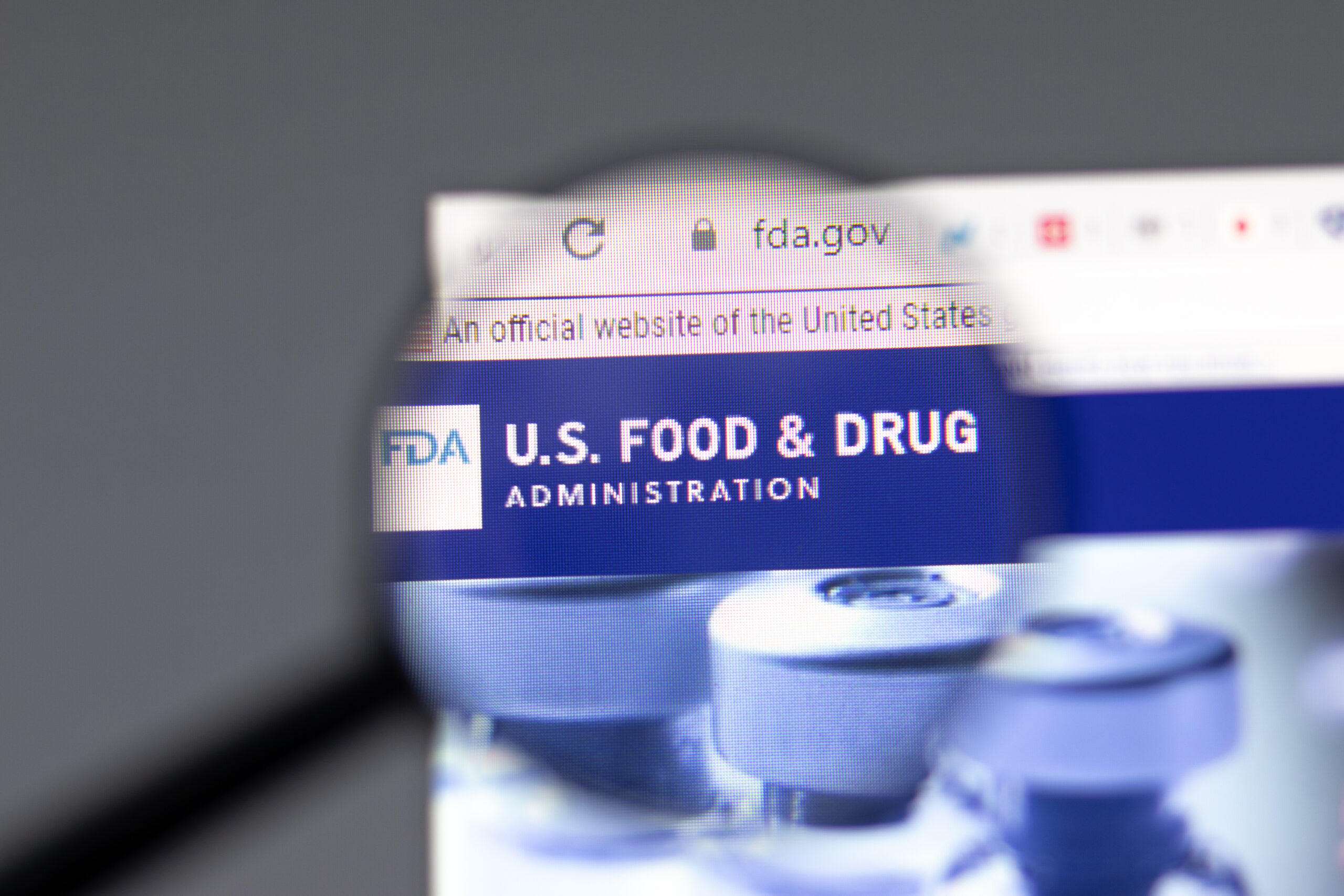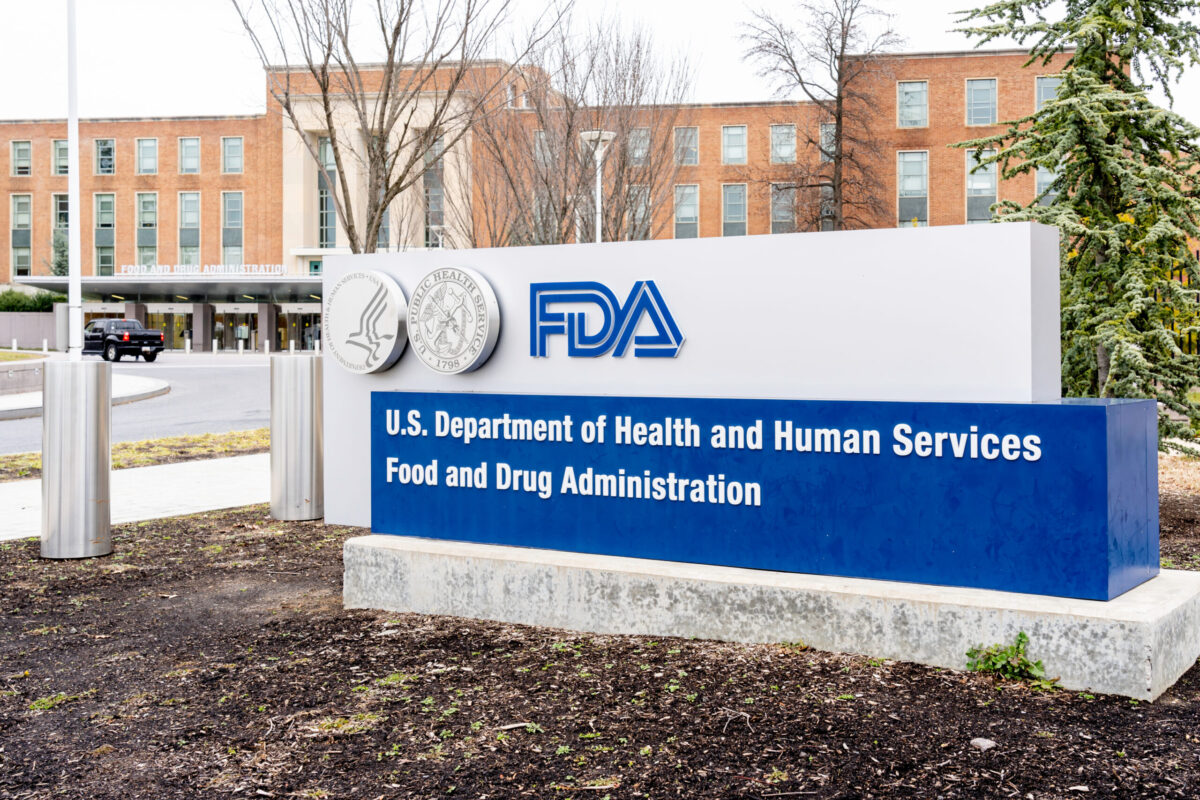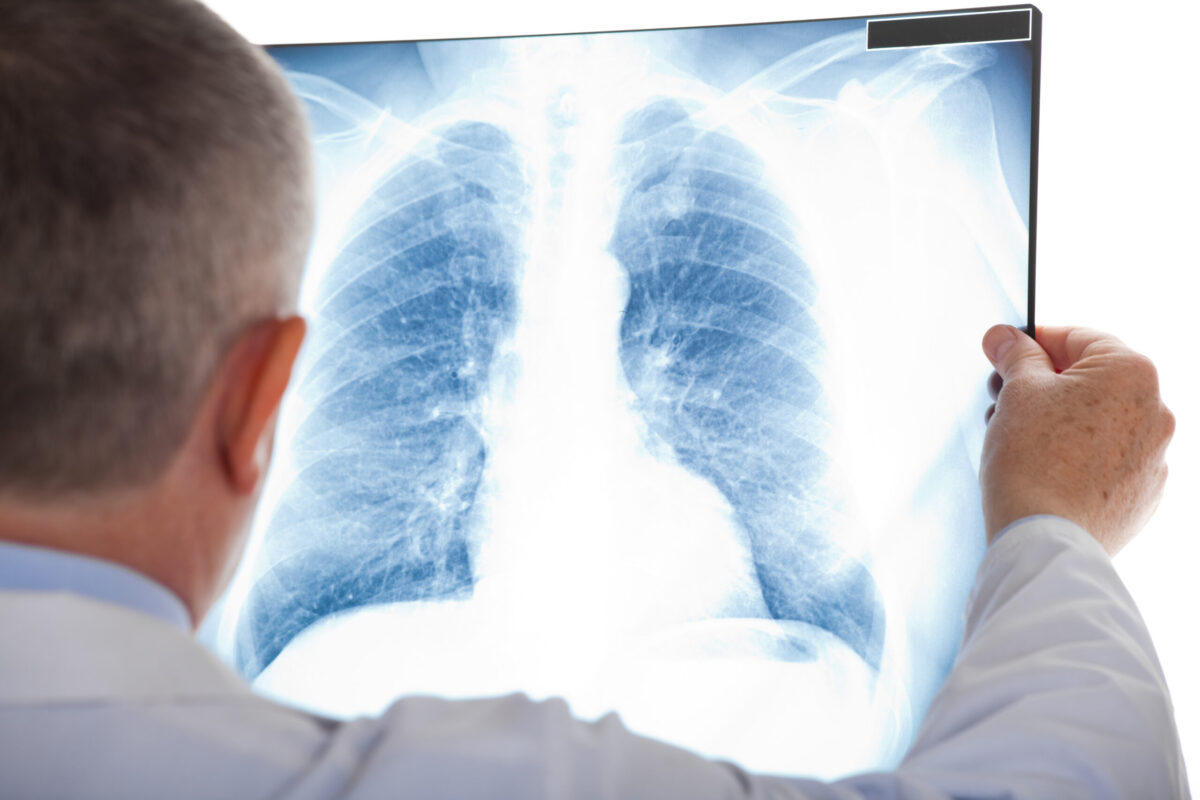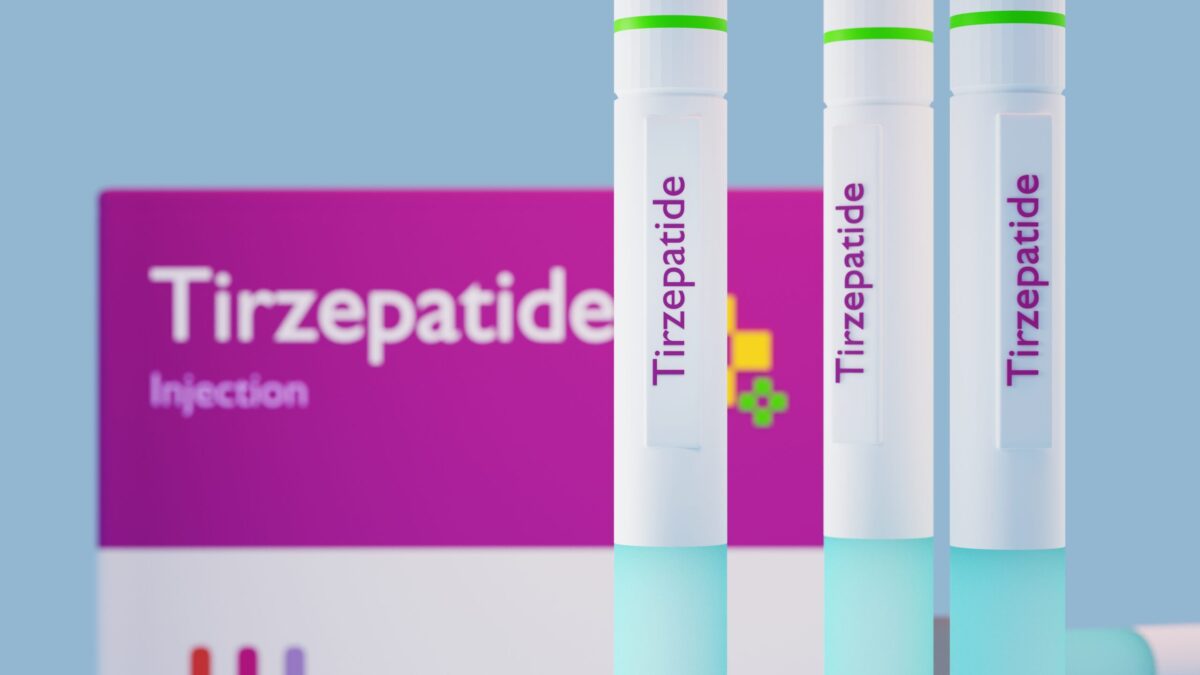British pharmaceutical company GlaxoSmithKline (GSK) is using an innovative breath-based test in its clinical trial investigating the efficacy of an experimental drug designed to treat chronic obstructive pulmonary disease (COPD). Owlstone Medical’s Breath Biopsy will also be used to identify patients likely to respond to treatment with danirixin.
The Breath Biopsy is designed to capture and identify Volatile Organic Compounds (VOCs) that are expelled from the body through the breath. These VOCs change based on the body’s metabolism, potentially making them a good indicator of disease.
“We are very pleased to work with GSK as they lead the way in using breath VOC profiling to better understand a new drug’s treatment effects and its mechanism,” said Billy Boyle, Owlstone’s co-founder and chief executive. “We believe that the non-invasive Breath Biopsy can rapidly establish a central role in a variety of precision medicine applications such as patient stratification and monitoring treatment response.”
The Breath Biopsy test also has the benefit of being highly-sensitive, yet non-invasive. Owlstone’s clinical laboratory offers breath biomarker discovery services which focus on characterizing various VOCs.
But GSK won’t be the only pharma partner to benefit from Owlstone’s services. According to Boyle, Owlstone plans to work with “multiple pharmaceutical partners looking to optimise the health economic impact of their new medicines across a broad range of diseases by providing access to the data needed to ensure that the right therapy is given to the right patient at the right time.”
Based on its potential ability for early detection of respiratory diseases and others, the company hopes its technology will contribute towards saving 100,000 lives and reducing associated healthcare costs by $1.5 billion.












Join or login to leave a comment
JOIN LOGIN